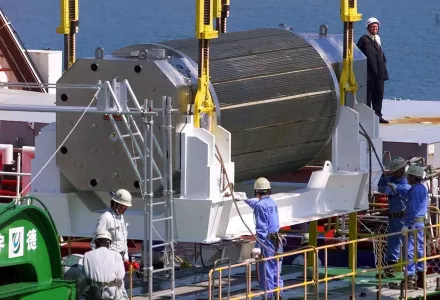
Recent scholarship on nuclear proliferation finds that many forms of nuclear assistance increase the odds that recipient states pursue nuclear weapons programs. While these studies may help us understand select cases of proliferation, they overshadow the role of nuclear supply in bolstering global nonproliferation efforts. After the risks of nuclear assistance became well-known following India's nuclear explosion in 1974, most major suppliers conditioned their assistance on recipients joining nonproliferation agreements. Case studies of states’ decision-making regarding these agreements illustrate how the provision of nuclear technology has been an effective tool in persuading states to join such agreements, the most important of which is the Treaty on the Non-Proliferation of Nuclear Weapons (NPT). By joining the NPT, states strengthen the global nonproliferation regime and increase the costs of any potential future decision to proliferate. The offer of nuclear assistance has done far more to bolster global nuclear nonproliferation efforts than recent research suggests.
Gibbons, Rebecca Davis. “Supply to Deny: The Benefits of Nuclear Assistance for Nuclear Nonproliferation.” Journal of Global Security Studies, December 12, 2019





